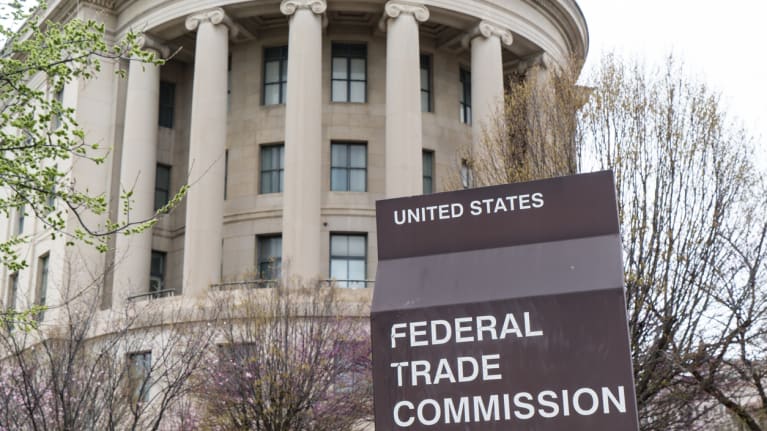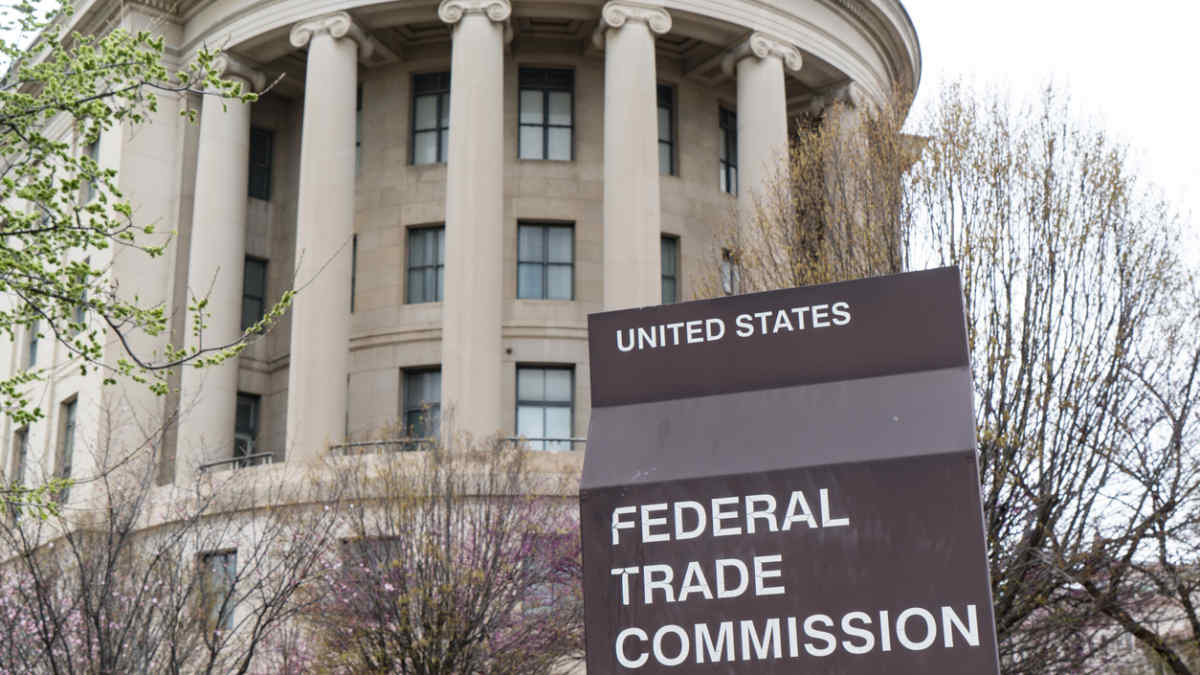

?The Federal Trade Commission (FTC) has published a request for information seeking comment on the franchisor-franchisee relationship, expressing concern about “unfair and deceptive practices in the franchise industry.” Comments are due by May 9. We’ve gathered articles on the news from trusted sources.
FTC Announcement
“The FTC hopes to hear from a broad range of stakeholders about how the franchise relationship is working, and how it is not,” said Samuel Levine, director of the FTC’s Bureau of Consumer Protection.
The request for information will “begin to unravel how the unequal bargaining power inherent in contracts is impacting franchisees, workers and consumers,” said Elizabeth Wilkins, director of the FTC’s Office of Public Planning.
Questions About Wages and Working Conditions
The request for information includes the following questions:
- How do franchisors exercise control over the wages and working conditions in franchised entities other than through the terms of franchise agreements?
- What service-based quality control measures, whether imposed through licensing or other agreements, depend on franchisee employee performance?
- What data do franchisors collect and retain regarding franchisees’ employees, labor and employment law compliance and labor costs?
- How do these practices affect franchisees, consumers, workers and competition?
- How prevalent are these practices?
- What justifications exist for these practices?
Other Questions
Other questions in the request for information include queries on:
- The ability of franchisees to negotiate terms of franchise agreements.
- Whether franchisors can unilaterally make changes to the franchise system.
- The prevalence and enforcement of various types of contract provisions and restrictions in franchise agreements, such as no-poach, maximum or minimum price restrictions, and nondisparagement and goodwill provisions.
- The effects of franchisor business practices on franchisee labor costs.
Broad Request
Up to this point, the FTC has rarely initiated rulemaking about franchising. The request for information is exceptionally broad in scope, scrutinizing everyday franchisor practices commonly found across all types of franchises in all industry sectors. The FTC’s request signals the possibility of greater regulation of the franchise business model.
Who Is an ‘Employee’?
The FTC’s recent request for information is separate from its “franchise rule” regulatory review, a review that asks whether there is a continuing need for this rule. The FTC’s franchise rule acknowledges that the franchisor has authority to exert a significant degree of control over a franchisee’s method of operation. This rule has been used to try to defend at least one franchisor from the argument that a franchisee’s workers are its employees under a state independent contractor law. The FTC in 2021 filed a brief with the Supreme Judicial Court for the Commonwealth of Massachusetts advising that its franchise rule does not address and cannot be used to determine whether franchisees governed by the FTC franchise rule are employees under state law. The Supreme Judicial Court for the Commonwealth of Massachusetts later ruled that the franchise rule did not preempt state law because there was no conflict between the rule and state law. Although litigation then went forward, the court’s ruling may provide useful guidance for franchisors.
(Federal Register, Bradley, FTC news release, Supreme Judicial Court for the Commonwealth of Massachusetts and Seyfarth)

